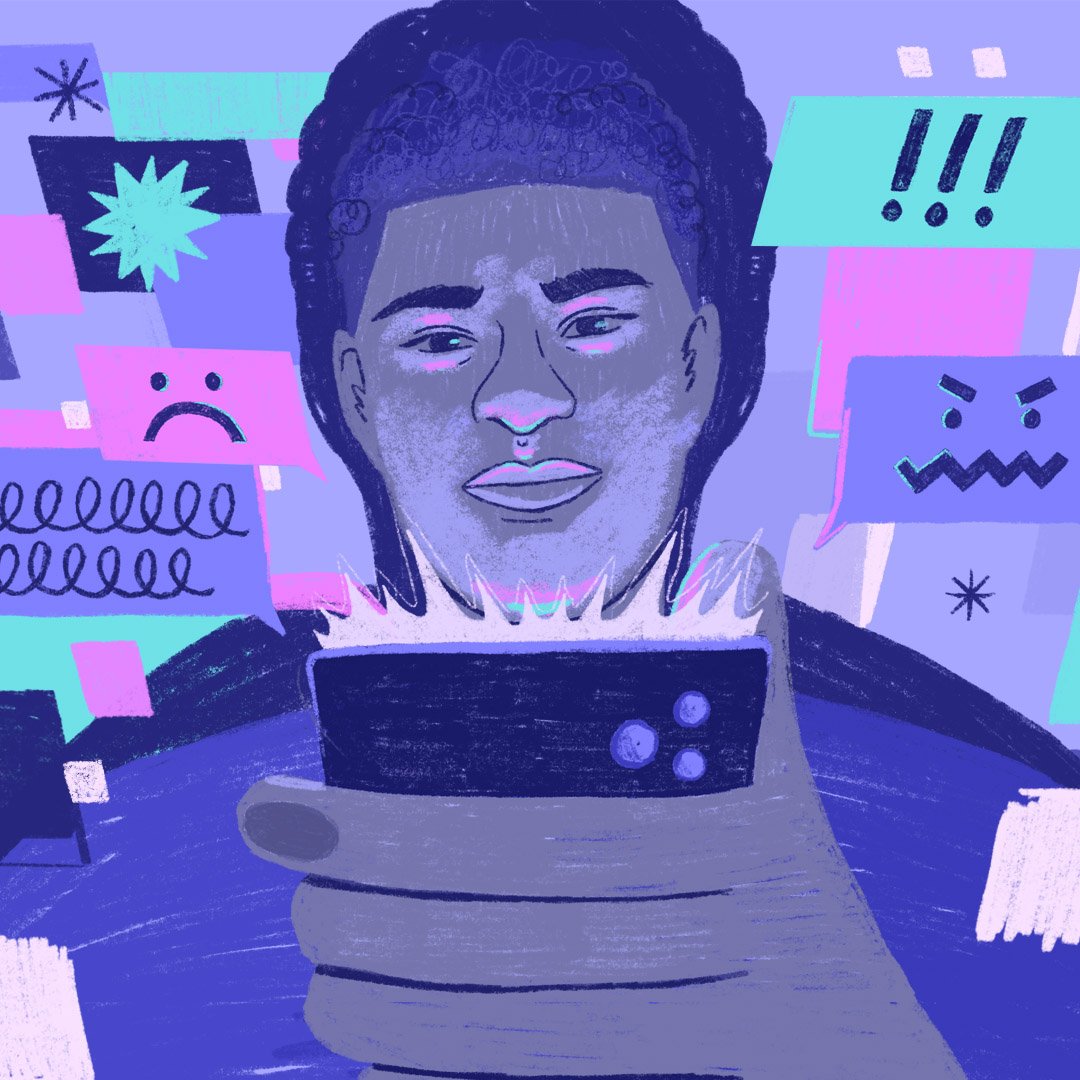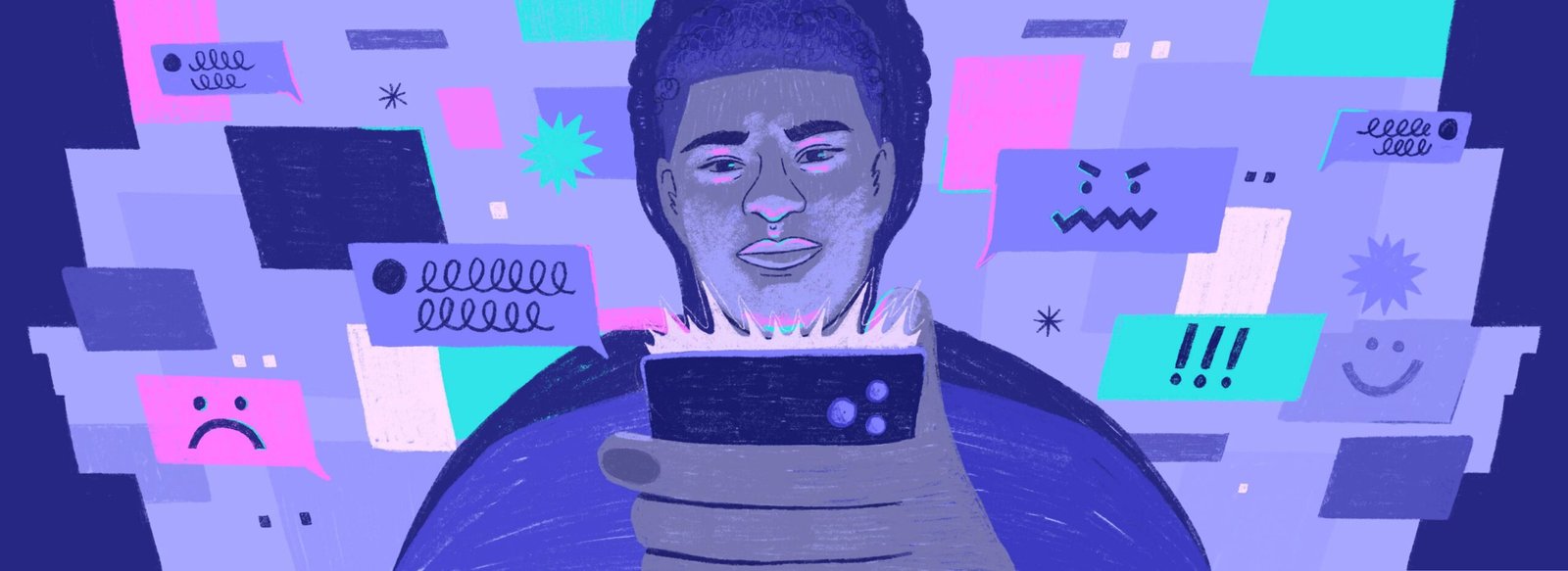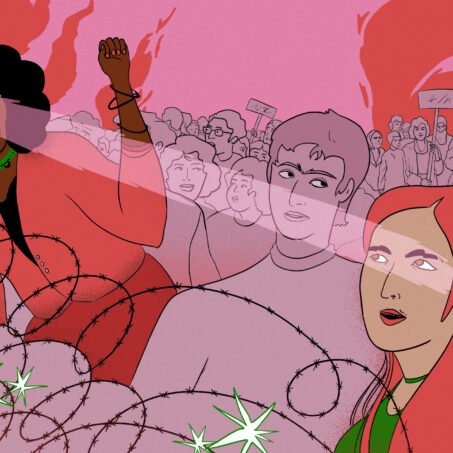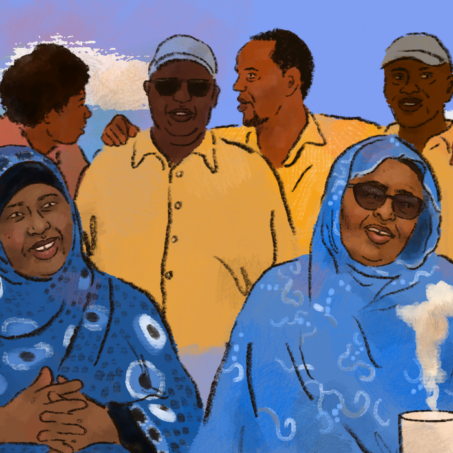Isn’t the 24-hour news cycle a strange phenomenon? Okay, we might be going a little further back than 24 hours ago here – but with everything going on in the world at the minute, you’d be forgiven for forgetting about football player Marcus Rashford’s phenomenal efforts to help the children of the UK get access to free meals throughout school holidays until Christmas 2021. To recap a bit, back at the end of October it was announced that the Conservative party all but unanimously voted against an extension of the free school meal scheme that would’ve helped to feed our nation’s most vulnerable children throughout the winter holidays. What followed was an outpouring of generosity from the general public, continued talks between Rashford and No. 10, and yet another embarrassing Government U-turn on a sensitive subject.
Of course, this is an objectively good result. But why should a footballer have to step in and do the job of our politicians? Don’t get me wrong, I’m glad he did, but this got me thinking about the bigger picture. The vast majority of fans expect their favourite sports stars to be beacons of social responsibility – to use their fame and money for good, and to use their platforms to speak out against injustices. So why don’t they? It’s important to note that Rashford and his colleagues are first and foremost individuals, but they’re also cogs in a machine. It’s a machine that’s run by people with their own interests and, like it or not, that’s a fact that has very real consequences. Upon this realisation, I found myself wondering about the place of politics in the game I know and love – and whether it’s a match in heaven, or a relationship that’s doomed to fail.
Historically, it’s been the latter. Focusing specifically on the Premier League here in England, displays of political support or cries for social justice have fallen on deaf ears. From negative reactions to James McClean’s refusal to wear a poppy on his shirt, to Pep Guardiola’s 2018 show of support for independence in Catalonia being fined and labelled as “highly divisive” by the FA Chief Executive at the time – it’s clear that the biggest, and richest, league in the world doesn’t want to pick sides very often. This was perhaps never clearer than roughly a year ago, when Arsenal’s Mesut Özil denounced the Chinese government on social media over their mass detention of the country’s Uyghur population. The League, working hard to nurture an emerging market in the Far East, decided to remain tight-lipped – so as not to cause divisions, and in turn, financial loss. Even Özil’s own club distanced themselves from his remarks, claiming in a statement that they remain “always apolitical”.

This policy of profit over people is a damning insight into a bigger issue. By suppressing individuality in favour of commercial gain, the league have made it clear that their players are expected to be silent figures by the establishment. To them, the idea of players and staff speaking out on the big issues is damaging to their reputation – and it’s not too hard to imagine that the Government, with their own interests and public image to protect, feels the same way.
Marcus Rashford’s recent successes have left Johnson and Co. with egg on their face yet again, highlighting serious inadequacies in the Prime Minister’s government structure. The relationship between young, Black footballers and the powers that be in this country – often in the form of the Government and the media – is not one that can be seen to be particularly fruitful, and it’s something that can be attributed to classist and systemically racist sentiment. Historically a working class game, football has become a channel through which kids from disadvantaged and predominantly non-white areas of the country can grow up to have riches beyond their wildest dreams and thousands, if not millions, of adoring fans. And with this kind of influence and power, they can – as evidenced by Rashford’s actions of late – cause real world change that flies in the face of the Tory status quo. Therefore, it’s no surprise that their voices are effectively quelled at every turn.
From the very beginnings of their careers, Black footballers are treated differently. Racism is still very much a problem in the stands, but it’s rife off the pitch too. Back in 2018, Tosin Adarabioyo and Phil Foden – both breaking into the Manchester City team at the time – dropped £2 million each on Cheshire houses for their families to move into, actions which The Daily Mail saw as news-worthy, and decided to write stories on. Adarabioyo is of Nigerian descent, Foden was born and raised in Stockport – which one do you think ‘splashed out […] despite having never started a Premier League game’, and which one simply bought a house for his mum? It was reporting that caused Raheem Sterling to single out the writers, labelling it “unacceptable” and urging them to “have a second thought about fair publicity”. This isn’t an isolated incident either, as there are countless examples of media outlets just like The Daily Mail singling out and demonising Black players for spending money, as they’ve done recently with Marcus Rashford – showing there really is no level they won’t stoop to for a hit on their website.
The people who hold power in this country, whether they’re sat in the House of Commons or in an office in London, don’t want disgruntled and disillusioned voices to speak up. However, fans are expectant, and they demand action from those they look up to. Cast your mind back to the start of the summer lockdown, when the Government briefly suggested that our highest-paid athletes should relinquish some of their wages to support the NHS. It’s ironic really, that a party whose policies of austerity and greed have ravaged the National Health Service would then attempt to rely on wealthy individuals – and not the corporations they regularly give tax breaks to – to fill in on their basic duties. But the public loved it – as has often been the case when it comes to their perceptions of how these athletes should spend their own money and time.
And therein lies the place of politics in football. It’s used to suit a narrative. It can take the form of an action, a public sentiment, an online article or a statement. It’s everywhere and nowhere, and it informs so much more than meets the eye. If the politics of the game give off a good impression on its governing bodies – for example, the Black Lives Matter shirts debuted at the Premier League restart back in June – then it’s absolutely fine. But if it stands to threaten the peace, or harm the monetary value of an organisation, it’s destructive. Fans use it to hold their heroes to account, or maybe to unburden themselves of their inaction on the big issues. The media uses it to shape public opinion, and push their own narrative. Sports organisations use it to protect their bottom lines – and players use it to have a voice.
Politics is used in the sport to drive agendas, and when those agendas are targeted at keeping dissenting voices from being heard, it’s often the usual suspects who end up in the crosshairs. At a time when classism and racism are concurrently more and less obvious than ever before – footballers like Marcus, Raheem, Tosin and many more are fighting an uphill battle. One they should never have been involved with in the first place.





